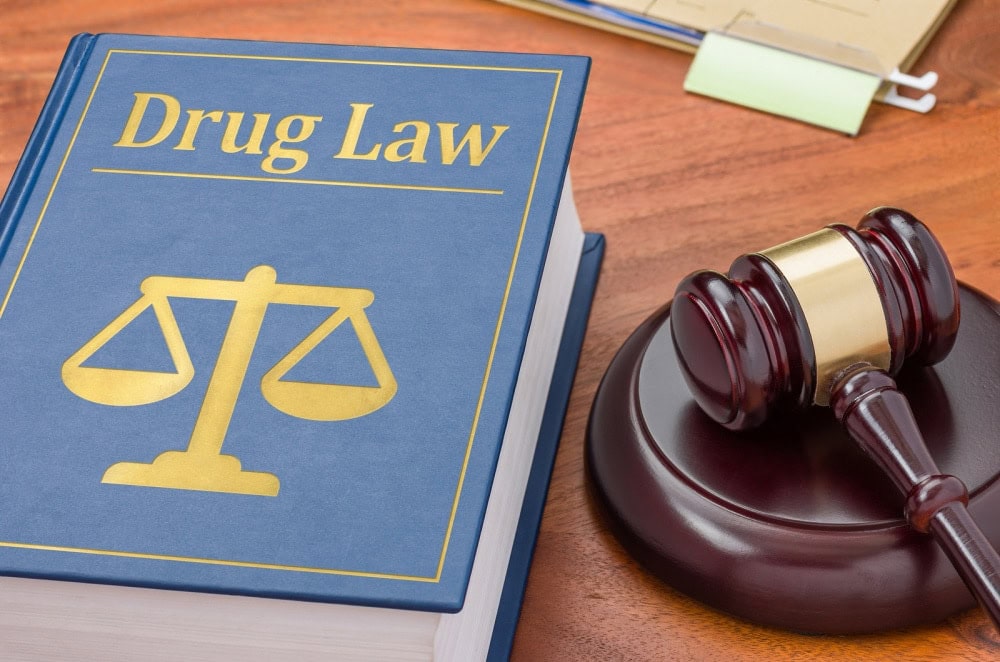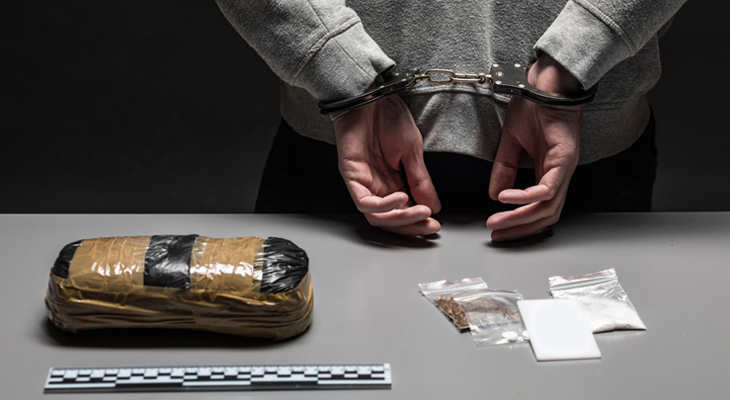
What Amount of Drugs is Considered a Felony in California?
According to California law, obtaining a controlled substance, including cocaine, heroin, or prescription drugs, without a proper recommendation from a doctor leads to facing a misdemeanor or being charged as a felony. The prosecutor follows specific qualifications to charge someone as such. It depends on the type of drug, factors contributing to the crime, and if you have a history of committing grave violations before. Further, the state law also considers if the convicted is affiliated with a gang or carries illegal possession of weapons.
Having been charged with a felony drug crime is detrimental to your life. You will not only face a prison sentence, but it also hinders great opportunities such as landing a good job. That said, it is highly important to hire a Drug Crime Attorney from The Ward Firm, who develops strong defense practices to ensure you’ll stand a good chance against your case.
Table of Contents
What is Considered Illegal Drugs in California?
There are different classifications of controlled substances (regulated drugs) divided into schedules. Some are illegal, while others are prescription drugs that can be considered felonious if procured without a licensed doctor’s prescription.
According to California Health & Safety Code 511350, the following are the schedules classified as controlled substances.
- Schedule I – Drugs including cocaine, opiates, mescaline, peyote, or synthetic cannabis
- Schedule II – Drugs including morphine, raw opium, and narcotics
- Schedule III – Drugs including anabolic steroids and pentobarbital
- Schedule IV – Prescription drugs, including zolpidem and diazepam
- Schedule V – Less controlled prescription drugs such as low codeine doses
What Amount Of Drugs Is Considered A Felony?
California Health and Safety Code 11352 states that you cannot sell, transport, and import certain controlled substances, including heroin, cocaine, and peyote. Further, the prescription drugs such as oxycodone, codeine, and hydrocodone are prohibited as well. If you are proven guilty by violating the law, you will be a felon subject to prison for up to 9 years and pay up to a $20,000 fine. Below are some charges you might face if proven guilty.
Heroin
If you are selling and transporting heroin, you could face up to 5 years in jail, or up to 9 years if you transport across more than two county lines and intend to sell it. Moreover, if you are guilty of possessing more than 14.25 grams of heroin and have prior convictions related to controlled substances, you are likely to pay a $50,000 fine along with years of prison time.
On top of that, if you sell or transport more than 1 kilogram of heroin, you will experience an additional 3 to 25 years in prison with fines that could total $8,000,000.

Marijuana
If you illegally sell or distribute any amount of marijuana, you will be sentenced to prison between 2 to 4 years. When charging for this crime, the court considers the bags and scales of packaging, excess cash, weapons, quantity, and accounting materials.
What Are The Factors Contributing To Felony Drug Charges?
The California court considers various circumstances that could lead a person to acquire a felony drug charge. This includes the following:
Intentions To Sell
Possessing illegal drugs for personal use results in a misdemeanor. However, if you intend to sell or transport it, you will face felony charges, as mentioned above. The level of punishment is different for possessing and selling because the former does not harm others, but the latter does.
Type And Amount Of Drug
Depending on the type and quantity of drugs a person obtains affect what charges will be filed. One example is possessing cocaine. Cocaine is under Substance I, which means that it belongs to a group of most dangerous drugs. As a result, you will be charged with a felony than a misdemeanor if you acquire such.
Other Complicated Circumstances
The state law considers the place where the crime is committed. If you are seen doing drugs within 1,000 feet from drug-free zones, including playgrounds, youth centers, schools, and arcades, you are to face heavier consequences than being caught far from these areas.
Conclusion
Being convicted of a felony crime loses the chances of preserving your rights under the U.S. Constitution, including the right to vote and being declined from having veteran benefits. On top of that, you will face discrimination in the community and have difficulties finding employment. Hence you need to hire an expert attorney as soon as possible to help you fight your charges and increase the chances of getting your normal life back.


